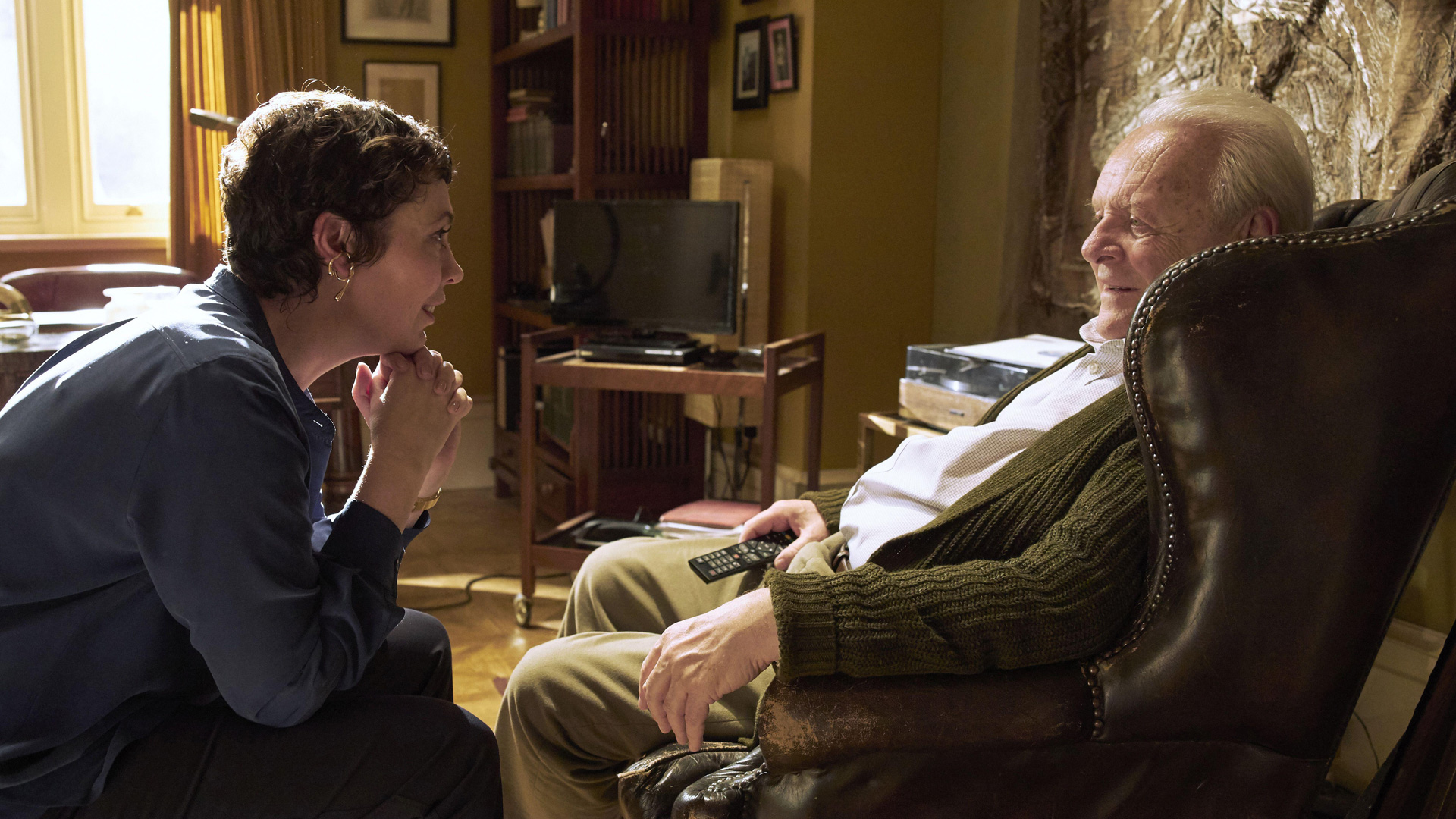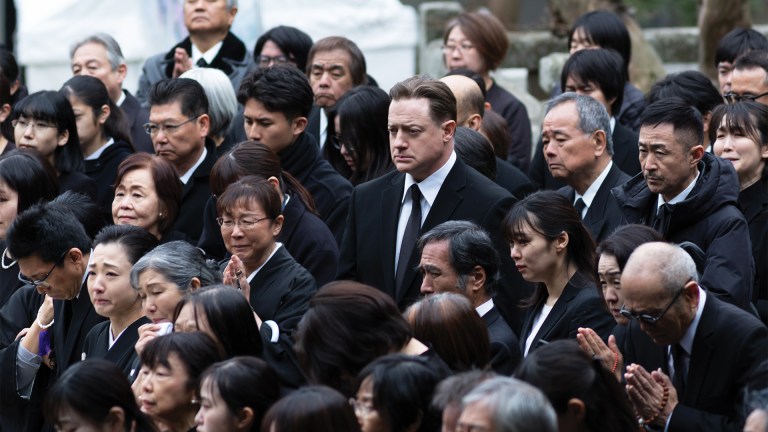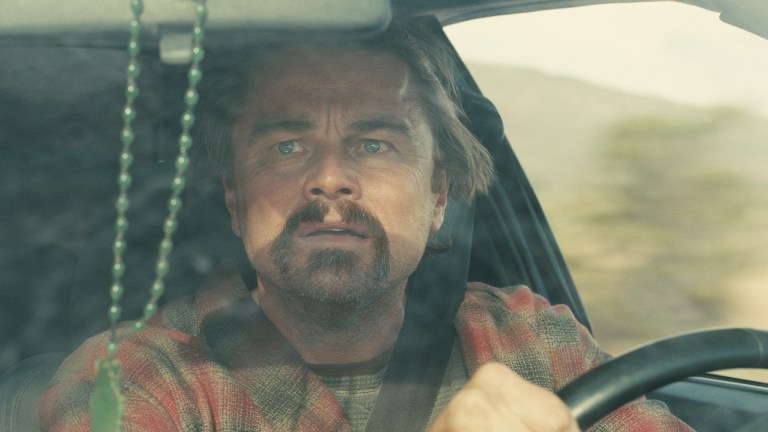The boyo done good: Anthony Hopkins caused a stir at the Academy Awards earlier this year by edging past the late Chadwick Boseman to claim a second Best Actor statuette, three decades after The Silence Of The Lambs. Considering the 83-year-old’s eccentric social media presence it just seems a shame Hopkins never got to deliver a proper acceptance speech (the great Welsh thesp was holidaying in his homeland during the April ceremony).
Now The Father belatedly arrives in UK cinemas, garlanded with awards – from its six Oscar nominations, it also won Best Adapted Screenplay as well as claiming a brace of Baftas – and buoyed by a golden-hued marketing campaign with a touch of the Werther’s Original about it. But all this upbeat excitement slightly downplays the fact that this is a devastating domestic drama about dementia.
Hopkins plays Anthony, an incorrigible codger who enjoys listening to opera in his well-appointed London flat. When his daughter Anne (Olivia Colman) tries to gently broach the topic of his forgetfulness, the garrulous Anthony blusters through her concerns. It seems like they are both blundering through a tricky but relatable situation: the stubborn retiree who feels their independence is under threat clashing with a grown-up child attempting to strike the right balance between caring for a beloved parent and doing their own thing.
Despite its prestige overtones and swanky upper middle-class milieu, The Father is a visceral experience. Like the best horror movies, it leaves a mark.
So far, so slice-of-life. But after those opening scenes, in which both Hopkins and Colman bring all their considerable acting gifts to bear, creating an entire intertwined history for these characters via meaningful looks and occasional strained vocal inflections, the film becomes deliberately unmoored. Other characters abruptly intrude in unexpected ways – including Mark Gatiss and Rufus Sewell as unctuous men of the house – and it is left to the viewer, like the unravelling Anthony, to try to piece together the emotional and sometimes physical geography of the story. Everything is fluid in the most stomach-lurching way. If not for the accretion of relatable everyday detail in the small talk, it would seem like a dream or, more accurately, a waking nightmare.





